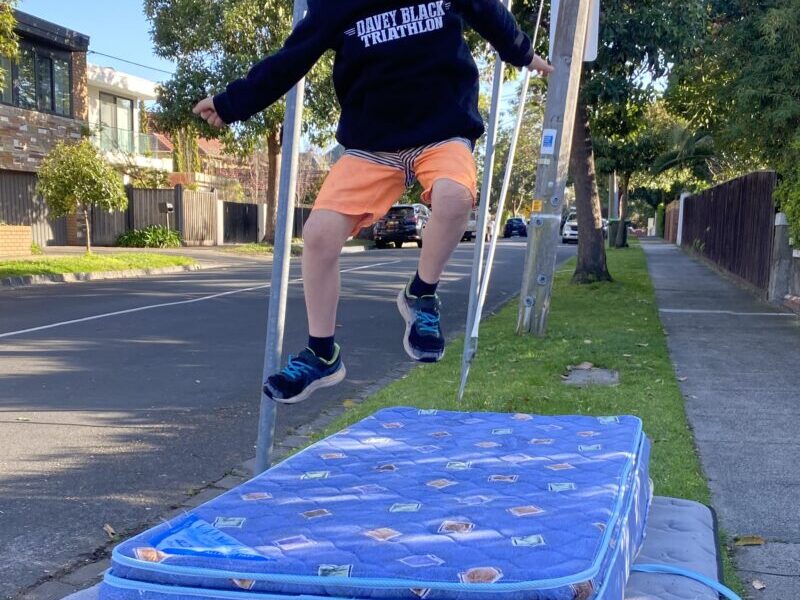For many people in the sport of Triathlon, it seems that the day doesn’t have enough hours to accomplish everything they wish to do. Between working, family, grocery shopping, social life, commuting, and of course training, there seems to be a need to find more hours to get everything completed.
This common problem brings with it the issue of inadvertently sacrificing one of the most important areas in life, the sleep hours. Resting is as important, if not more important, than training itself. In this blog, we will explain the importance of sleep and why you should be giving your body the attention it needs to properly recover.
According to many sources, sleep, or lack of it, is connected to many disruptions in bodily functions. The benefits of a proper sleep are endless for the brain, the body, hormonal regulation, and the neuromuscular system, just to mention a few. Today we’ll keep it short and simple.
The major benefits of a good sleep
- It consolidates your memory acquisition. All the memories, episodes and events that happened during the day are saved and stored in your long-term memory.
- It instigates a cleaning process. During sleep, parts of your body are cleaned, restored and detoxified through the glymphatic system. When you have efficient sleep, you will be ensuring that this process takes place. This helps your mind and body to respond better in your day to day activities.
- It keeps your insulin levels balanced: Keeping your insulin levels balanced will aid your metabolic processes. This will keep you functioning normally help to maintain a good weight. It also allows your body to respond properly to different foods and keeps your brain functioning in a proper way.
- It reduces inflammation: In terms of bodily function, recovery allows blood pressure to drop and blood vessels to relax. This allows your body to have good blood flow to aid in muscular regeneration helping to reduce the risk of injuries.
- It aids in Human Growth Hormone production ensuring that the body will fully repair from a long workout and maintain high focus levels on every other activity you do in your day-to-day routine.
Due to the high physical demand of triathlon training, anyone engaging in this activity should aim to sleep between 8 to 9 hours per day to ensure efficient recovery.
How to Get Efficient Sleep
- Do your best to maintain a sleep routine: Regardless of your day-to-day responsibilities, do your best to staying consistent with the times you go to bed and the times you wake up each day.
- Disconnect from technology before sleep: Make sure that at least 2 hours before sleeping, you have turned off all your technology devices and avoid any screen time. This includes TV and your phone. The light emitted from these devices disrupts the sleep process. Properly disengaging from technology will ensure that your body and brain will switch off fully and be prepared for sleep.
- Have a mental break: Set time aside to disconnect from work or general responsibilities. This will allow you to rid your mind of day-to-day stressors and this will help your brain and body relax and fall asleep faster.
- Limit caffeine: Be conscious of when is it too late to have a cup of coffee. The effects of caffeine can stay for as long as 10 hours after it is consumed.
Your performance in Melbourne triathlon, or sport in general, might not only rely on how hard you train, but also on how many hours can you dedicate to proper sleep and recovery. Train hard on the hard days, and rest hard on the rest days!

